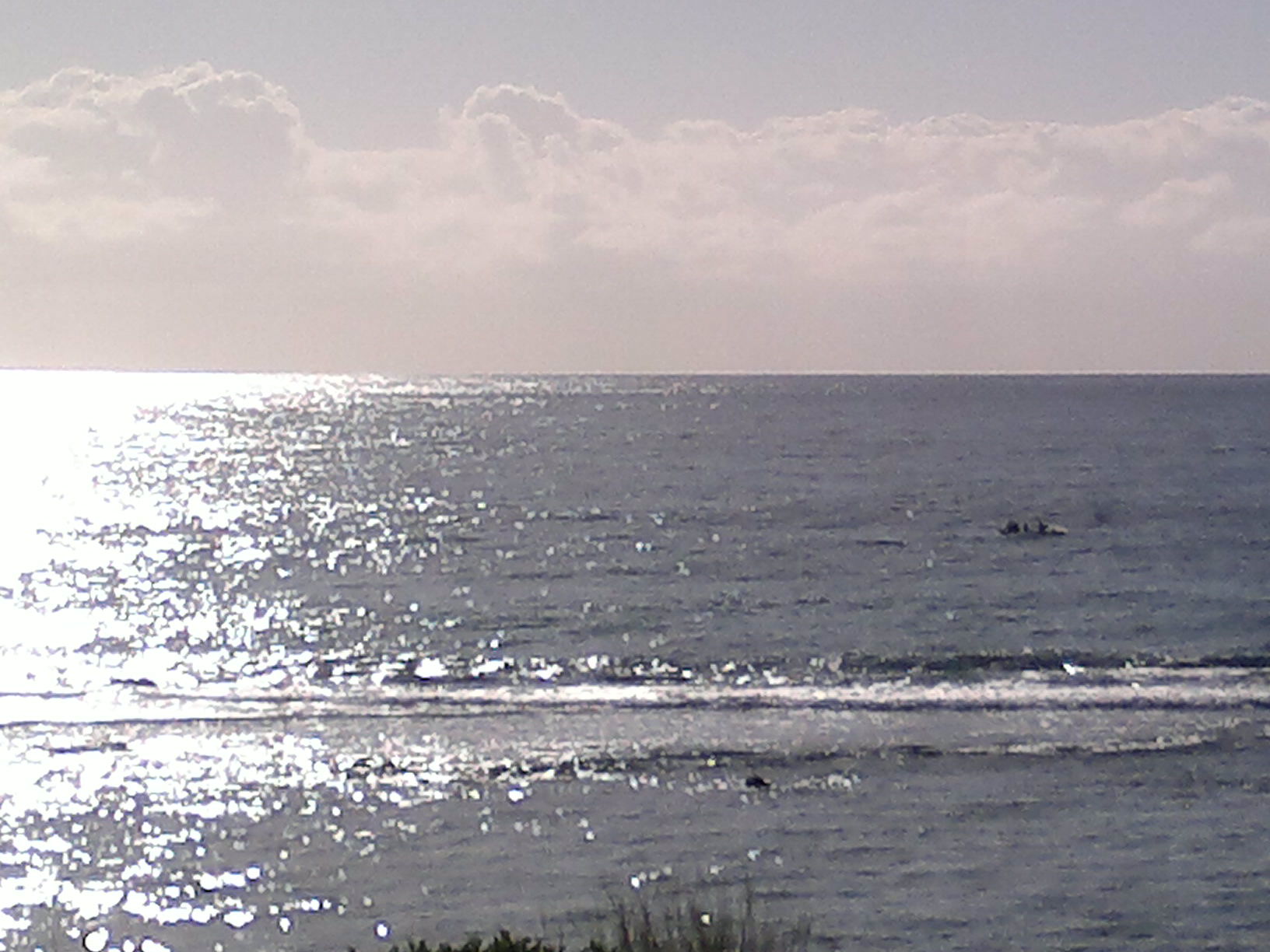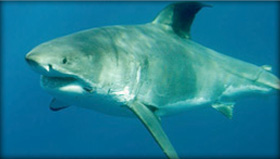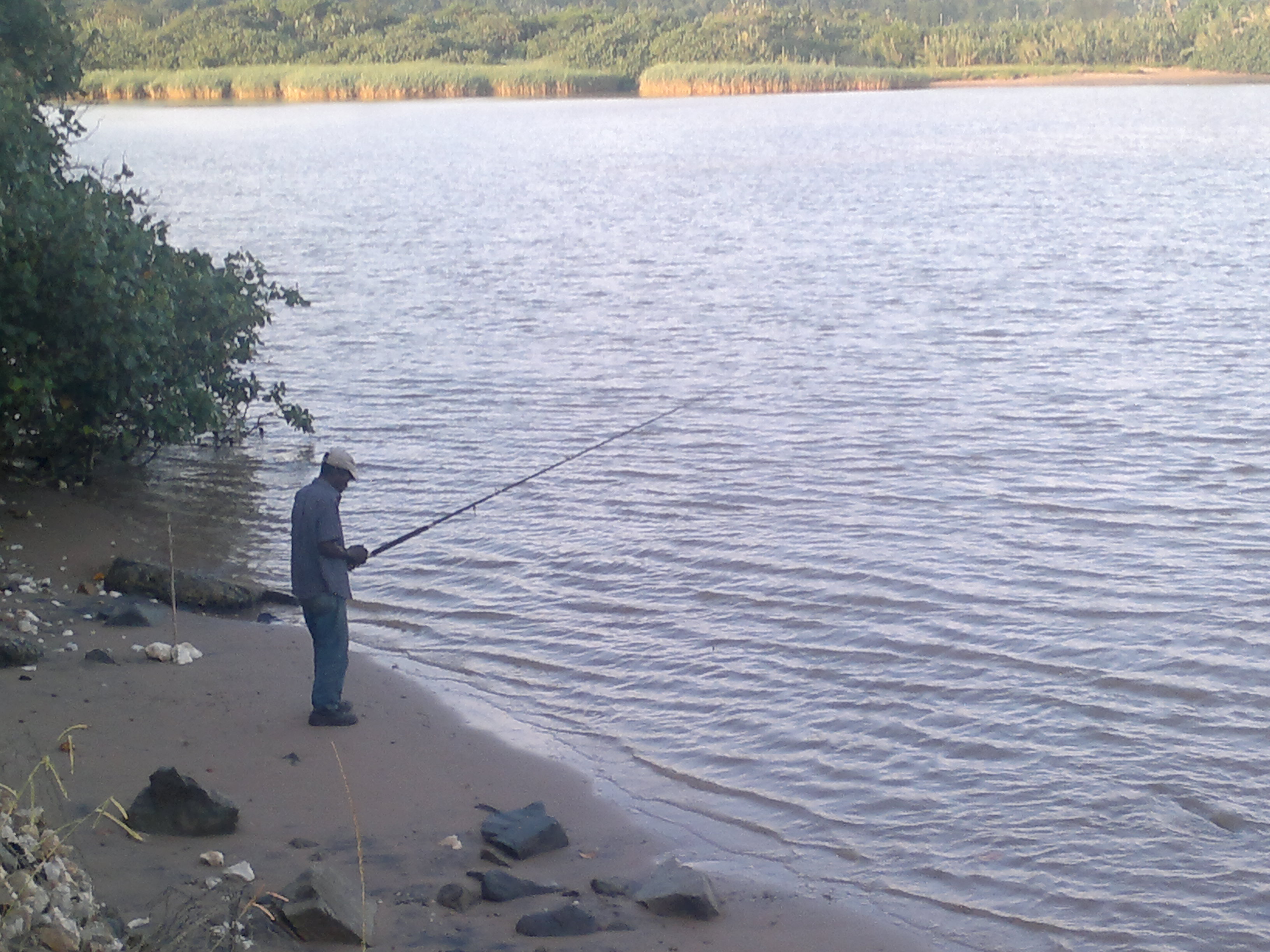Setting out from Pumula at 4:30am, we made Swaziland in great time. The roads are good and the Sunday traffic was minimal.
Not too many journeys feature Giraffe families along the side of the road…
Passing through Pongola into Swaziland we encountered this adult and a bunch of smaller guys a little further into the bush. Monkeys and bird life kept us entertained driving through this piece of Zululand.
Swaziland featured more cops than wildlife. But again…the traffic was quiet and soon the Goba border post came into view. Mozambique!

The Frenzy checking out the biltong shop in Pongola…

We stopped for a layover at the awesome Casa Lisa, north of Maputo. Great all round experience.
And finally made Tofo. 15 hours of driving over two days, Barry Krause of Fairwinds did a sterling job and only got speed trapped once. 1000 mets fine. Got receipt. Evidence of the recent floodwaters was everywhere especially in the Xai Xai area, but on the whole the affected places have recovered completely and life is back to normal.
Tofo Point in the morning…

March weather is just around the corner but it’s still hot as hell here. This is certainly the quitest time of the year for Mozambique. Everyone just biding time until the next holiday/season.
The fishing is very good though. Loads of couta…a few big ones. The sea alive…all kinds of baitfish in the netter’s catches. The water is 26 to 28 degrees and blue blue blue. We normally have a little sailfish run at this time…let’s see!

(above) Netters rowing past Praia da Congiana this morning…









